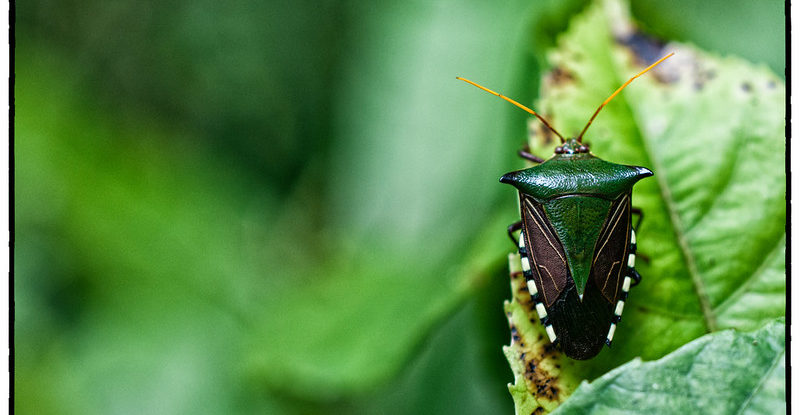Up to a million species are at risk of extinction in the next few decades–and that loss of biodiversity could lead to ecosystem collapse across much of the globe, with massive repercussions for human livelihoods, according to a 2019 report released by the Intergovernmental Science-Policy Platform on Biodiversity and Ecosystem Services (IPBES). “Yet, by drastically transforming the planet’s landscapes, humans are directly contributing to biodiversity loss, pollution and climate change – along with the spread of zoonotic diseases such as COVID-19,” the Global Landscapes Forum confirmed in 2020.
Humanity is reliant on the diverse ecosystems on Earth. “Our livelihoods depend on biodiversity,” said Sammy Carsan, a scientist from CIFOR-ICRAF’s Tree Research Theme. Indigenous trees, for example, provide a lot of role such as providing natural medicine, sustaining food production systems and income resources for communities and farmers.
The life—and the collapse—of biodiversity will affect human lives far and wide, especially in countries that are already struggling with development issues. “It is critical for us and also policymakers to reflect on the contribution of biodiversity, especially in the area of development because we don’t know which one will still be available in the future,” said Carsan.
The Center for International Forestry Research and World Agroforestry (CIFOR-ICRAF) also contribute to biodiversity conservation. For instance, by supporting Ethiopia’s goal to restore more than 33 million hectares of agriculture and forest by 2035 through Provision of Adequate Tree Seed Portfolio in Ethiopia (PATSPO). “Restoring the vast landscape will require many tree species and large amounts of healthy seeds, while at the same time preparing the healthy soil,” said Abrham Abiyu, senior scientist at CIFOR-ICRAF who leads the tree-seed sourcing for PATSPO project.
The project, funded by the Norwegian International Climate and Forest Initiative (NICFI) through the Royal Norwegian Embassy in Ethiopia (RNE), supports the government of Ethiopia in promoting and strengthening existing tree-seed organizations and the establishment of additional private and government seed dealers. The project will also set up a network to enhance the collaboration among actors in Ethiopia’s restoration project, to improve research and development of tree-seed technology and conservation of genetic resources, among others.
Listen to Sammy Carsan and Abrham Abiyu in conversation in this episode of Let’s Talk Trees to mark the International Day of Biological Diversity.
We want you to share Forests News content, which is licensed under Creative Commons Attribution-NonCommercial-ShareAlike 4.0 International (CC BY-NC-SA 4.0). This means you are free to redistribute our material for non-commercial purposes. All we ask is that you give Forests News appropriate credit and link to the original Forests News content, indicate if changes were made, and distribute your contributions under the same Creative Commons license. You must notify Forests News if you repost, reprint or reuse our materials by contacting forestsnews@cifor-icraf.org.
